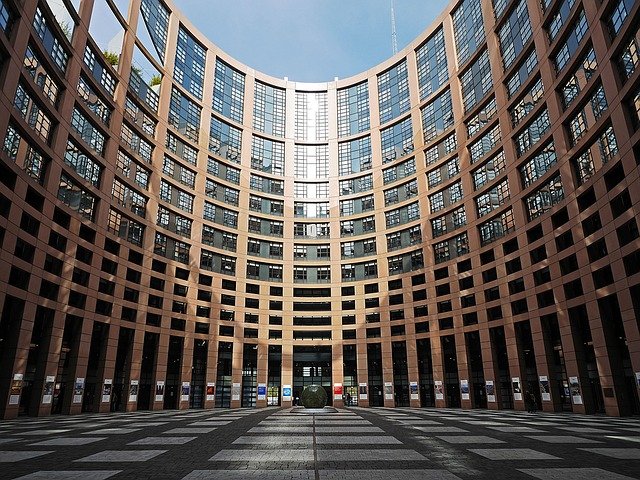The President of the Basque Country Iñigo Urkullu, accompanied by the Secretary General for Foreign Action Marian Elorza, participated in the meeting of the group of European regions with legislative powers-RLEG. The meeting was held online and was attended by Alain Lamassoure as guest of honour in addition to the presence of the presidents of the signatory regions.
The meeting was spearheaded by the President of the Basque Country to call for a greater involvement of regions with legislative powers in the policy-making and implementation process in the EU The presidents of 14 European regions - including Euskadi - have sent a letter to the European institutions to this end, asking to participate in the next Conference on the Future of Europe.
The President of the Basque Country, Iñigo Urkullu, stressed that the “RLEG Letter”, which has been put on the table, aims to contribute to the configuration of the new Europe: “built from the bottom up, participatory, plural, open and united”. He pointed out that they will promote an urgent reflection in the following weeks in this regard, in addition to bringing together desires and support for this initiative.
The letter also requests the organisation of a “High-level Meeting on effective multilevel governance” to analyse the viability of a new institutional framework, since the involvement of the Regions with legislative powers remains open and pending the identification of opportunities into the European Union project, according to the President of the Basque Country. “We are part of the European institutional architecture and we contribute the knowledge and commitment of the realities that are closest to the public”, he said.
"We are part of the European institutional architecture and we contribute the knowledge and commitment of the realities closest to the public,” he continued. The current pandemic context shows how essential transformative policies are. The President of the Basque Country stated in this regard that the Regions with legislative powers are essential when it comes to legitimising decision-making and compromising the processes of participation and political transformation.
The aforementioned document was sent to the joint Presidencies on 3 May on behalf of fourteen European regions with legislative powers: The Basque Country, Valencia, Balearic Islands, Catalonia, Tyrol, Salzburg, Lower Austria, Upper Austria, Aland Islands, Carinthia, Azores, Flanders, and Vorarlberg and Corsica as observers.
RLEG is taking a step forward with this initiative in its commitment to guarantee
effective multilevel governance in the Union and to further improve the implementation of
the decentralised dimension of the principles of subsidiarity and proportionality. President Urkullu pointed out that the European regions with
legislative powers state how the European Union is sliding towards centralisation. “This is the simplest path, but it does not contribute to the “institutional transformation from participation” that we advocate for the European Union”: In fact, the President of the Basque Country believes that centralisation questions the coherence of the internal constitutional order, the social legitimacy of the policies and the very effectiveness of the measures adopted.
WHAT IS RLEG?
RLEG is a group of Regions with legislative powers, which share a common base of values and principles and which has been meeting regularly, informally and openly, since 2018. These are Regions with legislative powers whose governments, many of them representative of peoples or nations within their Member States, are highly committed to the values and principles of the European Union and to the integration process. Governments that are willing to contribute proactively to the Future of Europe with a constructive and co-responsible approach, in order to improve the concept of effective multi-level governance in the EU.
Together with the Member States, the EU institutions and other organisations representing all levels of power in the EU, the RLEG regions are committed to the implementation of policies aimed at the public, avoiding any instrumentalisation of this group with unilateral purposes.

MORE INFORMATION
SOURCE
